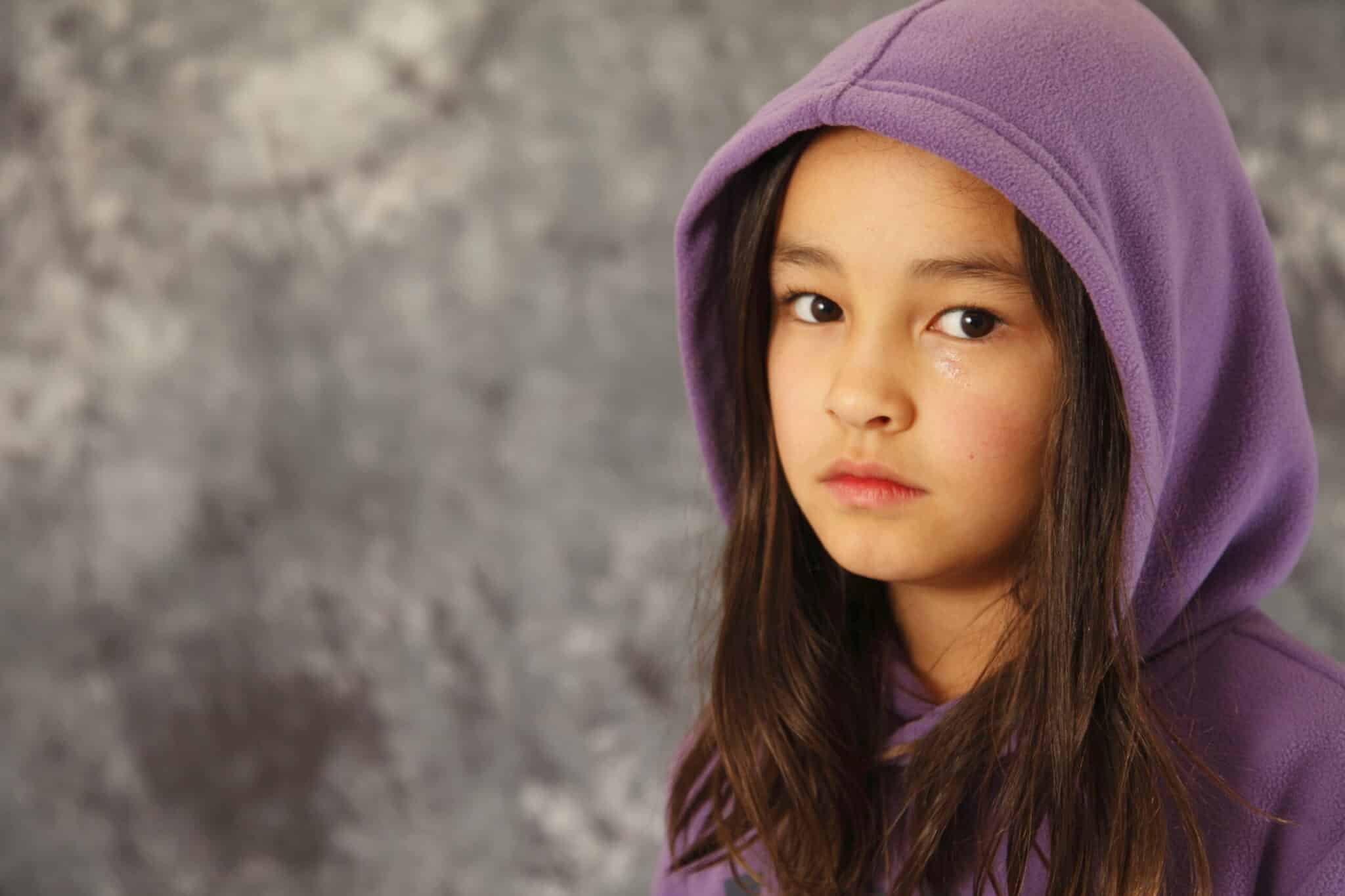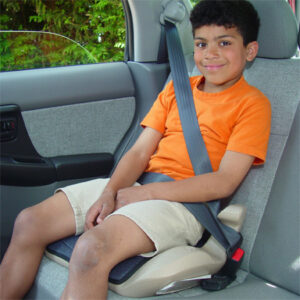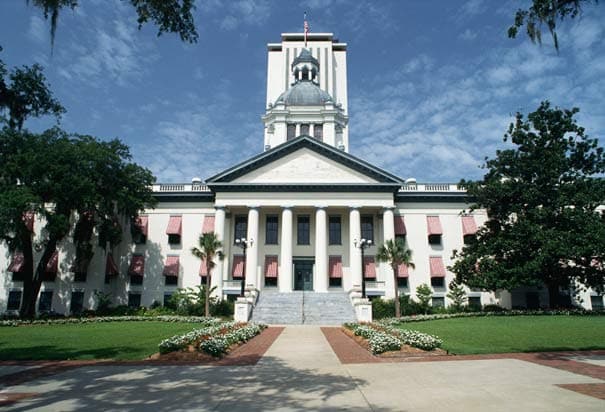
In addition to the policy-oriented legislation in play, more attention is now directed to the state budget. While preliminary budgets have passed both chambers, parts will be debated in floor sessions this week and next. Final decisions have yet to be made as updated revenue projections will be taken into account and then there’s the $10 billion in COVID Relief dollars!
In children’s policy, child welfare continues to dominate discussions, mostly driven by bills with origins in the Senate. Human trafficking policy is getting attention, there are pending changes in early learning, and hope remains for the better treatment of special needs children after years of trying.
Serious Concerns about SB 1920 and Lack of Statewide Discussion

It is SB 1920 and it will significantly alter the legal representation of children in dependency court. It was not presented during committee weeks and then took up nearly all of 2 meetings of the Senate Children, Families and Elder Affairs Committee.
It does not have a House sponsor, but with enough juice to reach a second committee of reference, its fate is yet unknown. Various provisions of SB 1920 have been trotted out in many other forums over the past several years (legislative, Florida BAR, Florida Constitution Revision Commission) and rejected for good reasons. It would also add another statewide taxpayer expense and governmental expansion to child welfare when there are far more pressing needs.
Overall, the bill will weaken Florida’s Guardian ad Litem (GAL) program under the guise of providing an attorney for children over the age of 10. There are other aspects of the bill that American Children’s Campaign finds equally concerning.
On one point in child welfare, there is nearly universal agreement: it is critical for the JUDGE TO ACT IN THE CHILD’S BEST INTEREST.
The major problem with SB 1920 is that it tinkers dramatically with the GAL, the age of the children with guaranteed access to a GAL and the fact that the ONLY person in the courtroom with the statute guaranteed right to recommend THE CHILD’S BEST INTEREST TO THE JUDGE is the GAL.
In addition to the many problems American Children’s Campaign has with the drafted bill and the shortened process for its deliberation, this bill also brings into consideration by implication and not by intent its consistency with Florida’s current custody law. In Florida, a child in a custody case of any age does not receive an attorney; a judge may consider a child’s preference if they deem the child is mature enough to make the choice, understands the decision they are making and has enough experience with each parent so the decision is meaningful. BUT, THEN, THE JUDGE THEN DECIDES WHAT IS IN THE BEST OF THE CHILD.
An attorney provided to a dependent child is restricted to providing the judge only information about the child’s preference. This is not in concert with the need for the judge to be able to call on an independent GAL for information from his or her point of view about what it means in any particular case to ACT IN THE BEST INTEREST OF THE CHILD. Dependency judges, as reflected in a recent report, were complimentary of the GALs and their service and for good reason.
Only 2 states in the country have custody laws that give the child the final say, and those start at age 14.
American Children’s Campaign recommends that SB 1920 be postponed since redesigning legal representation of children in dependency court is a very serious matter. It deserves the statewide discussion that should ensue in the months ahead and for the facts to be known about its impact, expense, and administration.
Members of the Senate Appropriations Subcommittee on Criminal and Civil Justice include:
- Senator Keith Perry (R) (Chair)
- Senator Jeff Brandes (R) (Vice Chair)
- Senator Dennis Baxley (R)
- Senator Randolph Bracy (D)
- Senator George B. Gainer (R)
- Senator Jason W. B. Pizzo (D)
- Senator Ana Maria Rodriguez (R)
- Senator Victor M. Torres, Jr. (D)
IN OTHER ACTIONS for Child Advocates
Child Welfare:

Mental Health/Disabilities:
The elimination of seclusion and placing restrictions on the type and use of restraint for students with disabilities is once again moving through the process. Speaking to the House Education & Employment committee, the bill sponsor for HB 149, Representative DuBose (D-Fort Lauderdale), stated: “This bill has been trying to make it to the finish line for about 15 years and that is too long to leave our most vulnerable children exposed.” The proposals, including SB 192 by Book (D-Plantation) would also require training in positive behavior interventions and increase reporting on instances of restraint. American Children’s Campaign strongly supports these bills, whose approval is long overdue.
Juvenile Justice:

Closing the legislative language loophole and continuing the historical work of advocates like American Children’s Campaign, bills by Representative Smith (R-Winter Springs) (HB 93) and Senator Perry (R-Gainesville) (SB 274) will extend record expungement to juveniles who completed a diversion program for offenses that extend into certain felonies and not only misdemeanors. Each proposal is on the floor of their respective chamber.
Senator Bracy (D-Orlando) has two bills that would make changes to the state’s juvenile justice system. SB 626 would make 7 years old the minimum age allowable for a child to be lawfully arrested, and SB 474 would increase the minimum age for mandatory and discretionary waiver to adult court to 15 for violent felonies and repeat offenses and to 17 for all other crimes. In 2019, Florida documented 2,781 arrests involving children between the ages of 5 and 12 years old. These young, elementary-aged children are exposed to painful experiences that cause post-traumatic stress, depression, anxiety, etc. and can have long-term effects on children’s development.
Human Trafficking:
Trying to make headway on Florida’s third in the country ranking for human trafficking, proposals targeted at educating Florida students about prevention of child sexual abuse, exploitation and human trafficking in the required health curriculum – HB 519 by Representative Yarborough (R-Jacksonville) and SB 1094 by Senator Bean (R-Jacksonville). Minors are especially vulnerable to exploitation, the average ages of youth who are trafficked are 11-13 years old. Teaching children to recognize the signs of human trafficking is critical to addressing the issue in Florida.
Legislation aimed at helping survivors of trafficking is also on the move. SB 1826 by Senator Diaz (R-Miami-Dade) passed its second committee of reference with public support from the Office of the Attorney General. The bill addresses three issues facing human trafficking survivors: court process, expunction of records and training for victim advocates. Incorporating victim-centered, trauma-informed practices when prosecuting human trafficking offenses will lead to two positive solutions to the twin problems that currently plague human trafficking criminal cases: (1) prevention of further harm caused by secondary traumatization, and (2) improvement in human trafficking case outcomes through improved cooperation from victims. Sponsor of the companion bill (HB 523) Representative Toledo told the Justice Appropriations committee, “This bill would show the world that Florida does not accept or tolerate human trafficking and that victims are not treated like criminals.”
Your Help is Needed!

Wading into Florida’s Budget
American Children’s Campaign has major concerns about the budget, its lack of the use of COVID Relief Dollars overall, the lack of using those dollars for their intended purposes and other budget items that do not support maternal health, fixes to child welfare, a rebuilding of child care in the aftermath of the still on-going pandemic and more. Look for our Budget Edition in our next publication. There is still plenty of time to acquire information and act before the budget conference process starts in a couple of weeks.
If you like reading our publications, we need your help to keep them coming. The Children’s Campaign is privately supported to maintain our independent voice. Please consider making a tax-deductible donation today!
This Capitol Report is brought to you by Amanda Ostrander, Karen Bonsignori, Roy Miller and Michael Sonntag.




